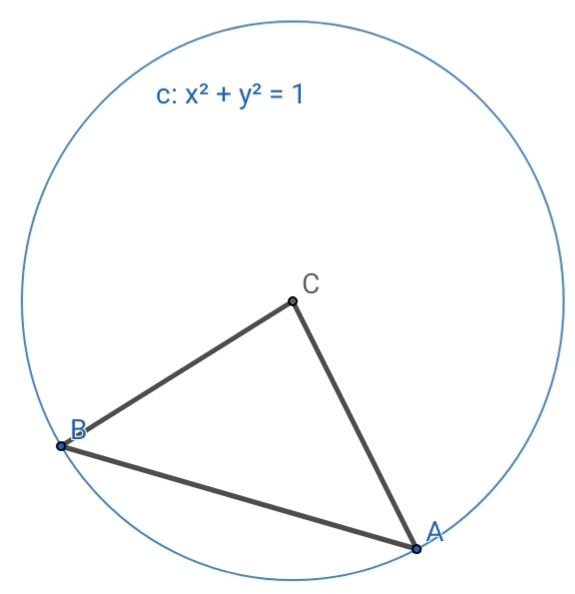
AllQuestion and Answers: Page 1561
Question Number 55083 Answers: 0 Comments: 0

Question Number 55076 Answers: 1 Comments: 0
Question Number 55070 Answers: 0 Comments: 1
Question Number 55069 Answers: 1 Comments: 3
Question Number 55068 Answers: 0 Comments: 0
Question Number 55067 Answers: 0 Comments: 0
Question Number 55066 Answers: 0 Comments: 0
Question Number 55059 Answers: 0 Comments: 0
Question Number 55058 Answers: 0 Comments: 0
Question Number 55057 Answers: 0 Comments: 0
Question Number 55055 Answers: 1 Comments: 0

Question Number 55054 Answers: 0 Comments: 0

Question Number 55052 Answers: 0 Comments: 3

Question Number 55051 Answers: 0 Comments: 1
Question Number 55454 Answers: 0 Comments: 3
Question Number 55044 Answers: 1 Comments: 2

Question Number 55039 Answers: 1 Comments: 3
Question Number 55030 Answers: 1 Comments: 5
Question Number 55006 Answers: 1 Comments: 0

Question Number 55011 Answers: 0 Comments: 1
Question Number 54995 Answers: 1 Comments: 3
$$\int\:\sqrt[{\mathrm{3}}]{{x}^{\mathrm{3}} +{x}^{\mathrm{2}} }\:{dx} \\ $$
Question Number 54992 Answers: 2 Comments: 0
Question Number 54991 Answers: 0 Comments: 3
Question Number 55014 Answers: 3 Comments: 0
Question Number 54983 Answers: 1 Comments: 2
Question Number 54975 Answers: 3 Comments: 0
Pg 1556 Pg 1557 Pg 1558 Pg 1559 Pg 1560 Pg 1561 Pg 1562 Pg 1563 Pg 1564 Pg 1565
